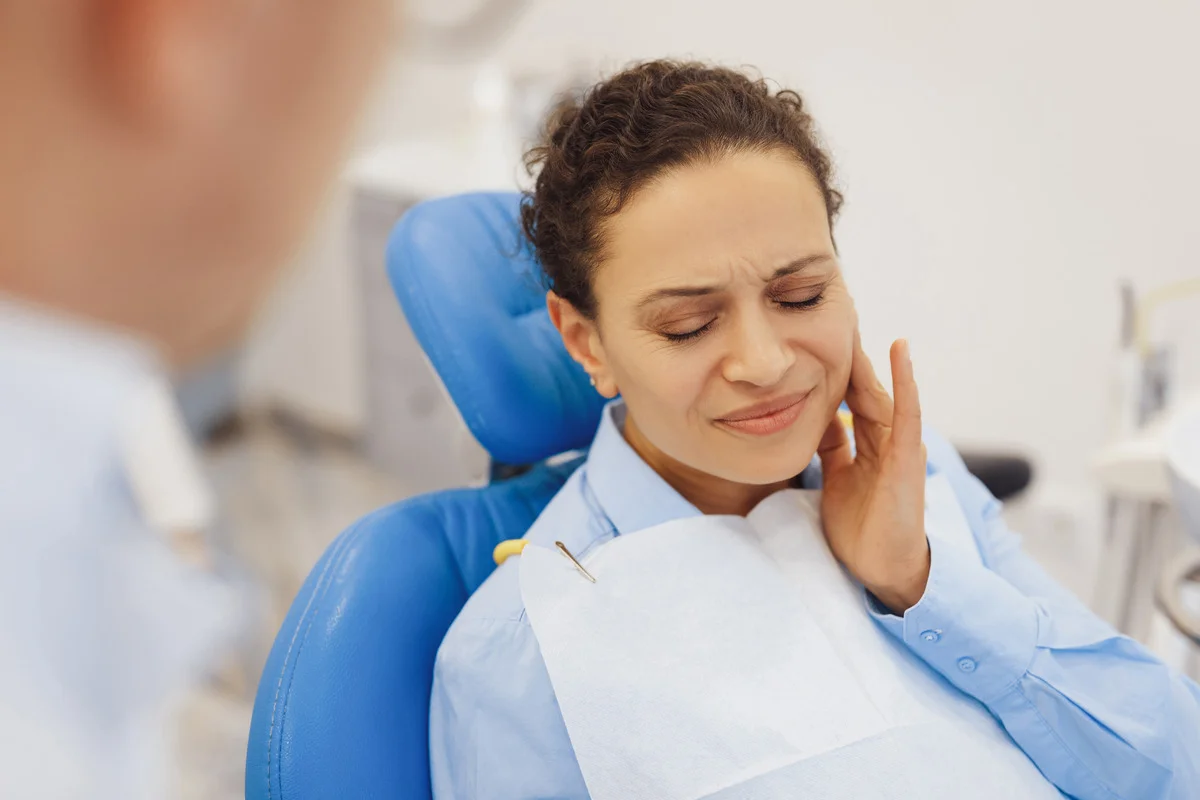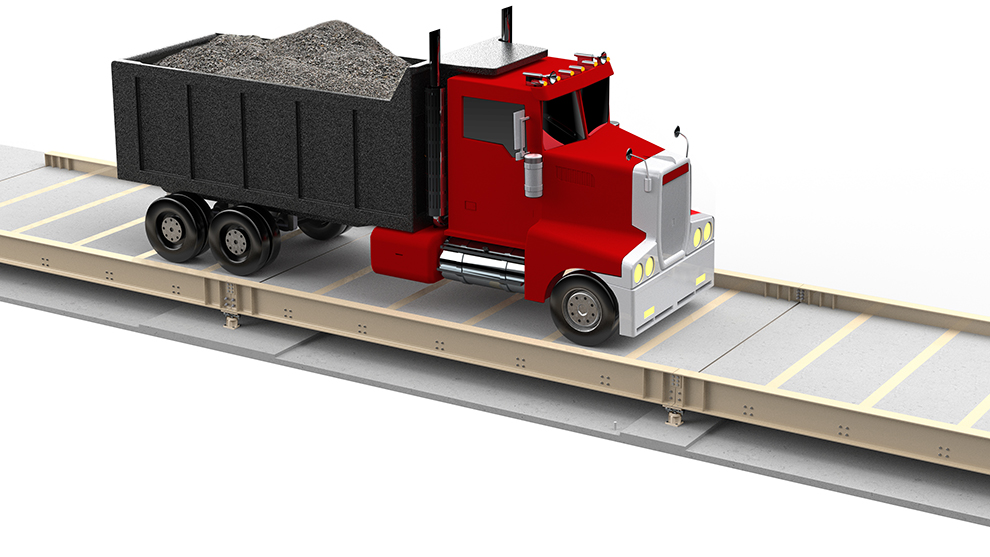Dental emergencies can be painful and stressful, but knowing where to turn for help can make all the difference. In Aberdeen, NHS emergency dental services are available to ensure you receive the care you need when urgent dental issues arise. Whether it’s a toothache, broken tooth, or another dental problem, this guide will walk you through what to expect, when to seek emergency treatment, and how to access NHS Emergency Dentist Aberdeen.
What Is an NHS Emergency Dentist?
An NHS emergency dentist provides immediate care for dental problems that require urgent attention. Unlike regular dental check-ups, which are planned in advance, emergency dental treatment focuses on addressing pressing issues like pain, infection, or trauma. The goal is to provide relief from discomfort and stop the problem from getting worse.
Common situations where you might need emergency dental care include:
- Severe toothache
- Broken or chipped teeth
- Swollen gums or abscesses
- Loss of fillings or crowns
- Bleeding from the gums or mouth
Emergency dentists deal with these issues on the spot, providing fast and effective treatment. After the immediate problem is handled, you might need follow-up appointments for further care.
When Should You Seek NHS Emergency Dental Treatment?
It’s important to know when your dental issue is considered an emergency. Not all dental problems need immediate attention, but certain symptoms should never be ignored. Here are signs that you need to see an NHS emergency dentist:
- Intense pain: If you’re experiencing severe or throbbing toothache that doesn’t go away with painkillers, you should seek urgent care. Tooth pain can indicate infection or decay, both of which need immediate attention.
- Swelling or abscess: Swelling in the mouth, jaw, or face, especially if it’s accompanied by a fever or pain, could mean you have an abscess. This is a serious infection that needs prompt treatment to prevent it from spreading.
- Broken or knocked-out tooth: Accidents happen, and sometimes a tooth can be knocked out or broken. If this happens, try to keep the tooth in place and visit an emergency dentist as soon as possible.
- Bleeding gums or mouth injuries: Heavy bleeding from the gums or any cuts inside the mouth after an injury should be checked by a dentist right away.
- Lost fillings or crowns: If you’ve lost a filling or crown, it’s best to get it fixed quickly to avoid further damage to the tooth.
How to Access NHS Emergency Dental Care in Aberdeen
If you’re dealing with a dental emergency in Aberdeen, there are several ways to get help. NHS emergency dental services are designed to provide urgent care for people who need immediate treatment. Here’s how to access these services:
1. Call Your Regular NHS Dentist
If you’re registered with an NHS dentist, contact them as soon as you realise you have an emergency. Many dental practices keep emergency appointment slots available each day to accommodate urgent cases. If your dentist is open, they will likely book you in for an emergency appointment, often on the same day.
2. NHS 24 Helpline
If your dentist isn’t available, or you don’t have a regular NHS dentist, you can call NHS 24 by dialling 111. This helpline operates 24 hours a day and can help assess your situation. The operator will guide you on whether you need emergency treatment and will provide information on where to find an emergency dentist in your area.
3. Out-of-Hours Emergency Services
Dental emergencies don’t always happen during regular office hours. In Aberdeen, out-of-hours NHS emergency dental services are available for situations that can’t wait until the next working day. These services usually operate in the evenings, on weekends, and during public holidays. To access out-of-hours care, you may need to call NHS 24 or your local dental clinic for advice on where to go.
4. Hospital Accident & Emergency
In extreme cases, where there has been significant injury to the mouth, face, or jaw, you may need to visit the accident and emergency (A&E) department of a hospital. This is often necessary for cases of severe trauma, such as after an accident. However, A&E is not usually the first option for most dental emergencies, as hospitals typically don’t have dentists on staff. They can help stabilise the situation and refer you to an emergency dentist if needed.
What to Expect During Your NHS Emergency Dentist Visit
During an emergency dental visit, the dentist’s priority is to relieve your pain and address the immediate problem. Here’s what you can expect:
- Initial Assessment: The dentist will examine the affected area to determine the cause of the problem. They will ask about your symptoms and medical history to get a full picture of your dental health.
- Pain Relief: If you’re in pain, the dentist will work to ease it right away. This might involve cleaning the area, draining an abscess, or giving you medication to reduce swelling and infection.
- Immediate Treatment: Depending on the issue, the dentist may provide temporary or permanent treatment. For example, they may place a temporary filling, remove a damaged tooth, or treat an infection. Sometimes, a follow-up appointment is needed to complete the treatment.
- Aftercare Advice: The dentist will give you instructions on how to care for the treated area. They might also prescribe antibiotics if an infection is present or painkillers to manage discomfort.
Costs for NHS Emergency Dental Treatment
NHS emergency dental treatment in Aberdeen is covered under NHS guidelines, but it is not free for everyone. The cost of your treatment will depend on your circumstances and the treatment you need. If you are entitled to free NHS treatment, such as those on certain benefits, you may not have to pay. Otherwise, emergency treatment usually falls under NHS Band 1 charges, which covers emergency care like pain relief, temporary fillings, and tooth extractions.
It’s important to ask about the cost before treatment begins, especially if you’re not sure whether you qualify for free NHS dental care. Your dentist will explain the charges, if any, and give you a breakdown of costs before starting treatment.
Preventing Future Dental Emergencies
While not all dental emergencies are avoidable, there are steps you can take to reduce the risk. Here are some tips to help maintain your dental health and prevent future issues:
- Good oral hygiene: Brush your teeth twice a day and floss daily to keep your teeth and gums healthy. Regular dental check-ups can also help catch potential problems early.
- Wear a mouthguard: If you play sports or grind your teeth at night, consider using a mouthguard to protect your teeth from injury.
- Avoid hard or sticky foods: Chewing on hard objects like ice or popcorn kernels can cause teeth to chip or break. Sticky foods can also dislodge fillings or crowns.
- Address dental problems early: If you notice any discomfort or dental issues, it’s best to seek treatment early. Don’t wait until a small problem turns into an emergency.
Conclusion
If you find yourself in need of urgent dental care in Aberdeen, NHS emergency dentists are available to help. From severe toothaches to broken teeth, knowing when and where to seek help can make a big difference in managing your dental health. By following good oral hygiene habits and getting regular check-ups, you can also reduce the chances of needing emergency care in the future. However, if a dental emergency does arise, Holburn Dental and Implant Centre are there to ensure you receive prompt and effective treatment.





